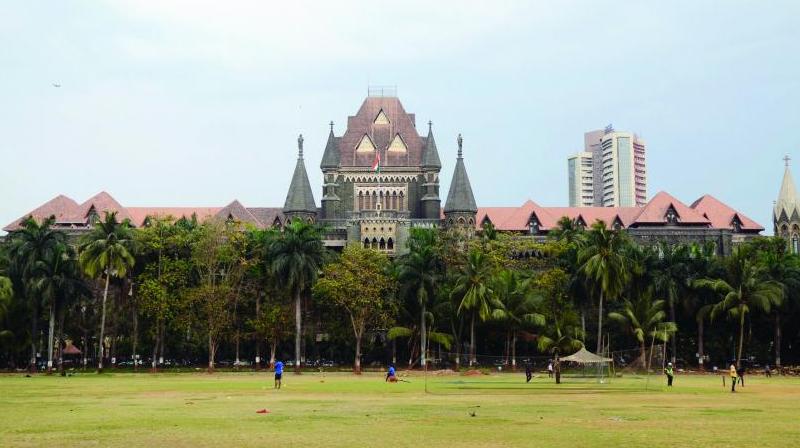Should we change the way we see quotas?

The Bombay high court has upheld the reservation given to the Maratha community, classified as a socially and economically backward class. Granting the Maharashtra government's right to allow such reservation for a separate class of people, the court only sought that the quota be kept to 12-13 per cent. The significance lies in allowing crossing of the 50 per cent threshold, seen historically as a line that shouldn't be crossed. This will allow all states to bring in separate classification for sets of people to create pockets of reservation even for classes who may be powerful landowners like Marathas, Patidars, Gujjars, Jats and Kappus. Politics will step in to create more such reservations supposedly to empower disadvantaged sections but in effect padding up votebanks.
The 50 per cent caste-based limit had, however, been crossed already in states like Tamil Nadu, Haryana and Telangana, where a high of 69, 67 and 62 per cent respectively exists. The situation should exist all over India too now after the recent legislation to grant 10 per cent reservation to the economically weaker class, meaning the upper caste poor. The Supreme Court had never deemed it necessary to interfere in numbers beyond 50 per cent. What the Maharashtra action adds is another dimension to reservation, which takes it beyond 70 per cent after the original quotas were hiked for OBCs. What this does is to negate the original rationale of granting reservation to Scheduled Castes and Scheduled Tribes in early independent India on the grounds that such classes had been deprived of opportunity in education and government jobs as they were either subjugated in the ancient caste system or disregarded. The noble aim of quotas for the disadvantaged was to speed track their progress, but intended to be in place only for 10 years, but which has stretched on for decades because speaking against it would be politically and electorally disastrous.
The point to ponder now is whether the old shibboleths can be buried forever and an entirely new approach shaped in the matter of reservations in education, jobs, etc. Would it be possible to think anew of an 80 per cent quota for all people who earn less than, say, Rs 8 lakhs a year and bring in a new kind of “level” playing field? It is possible to postulate such a percentage as the upper classes are together only about 20 per cent anywhere in the country. What animated the original debate in the Constituent Assembly as rationale for reservation has gone forever. In the light of the new reality and considering legislators will only vote along party lines, would it be possible to call for the widest discussion on the subject and remodel the way we look at reservations? Can we stop viewing it in the narrow political sense and use affirmative action only as a social empowerment tool?

